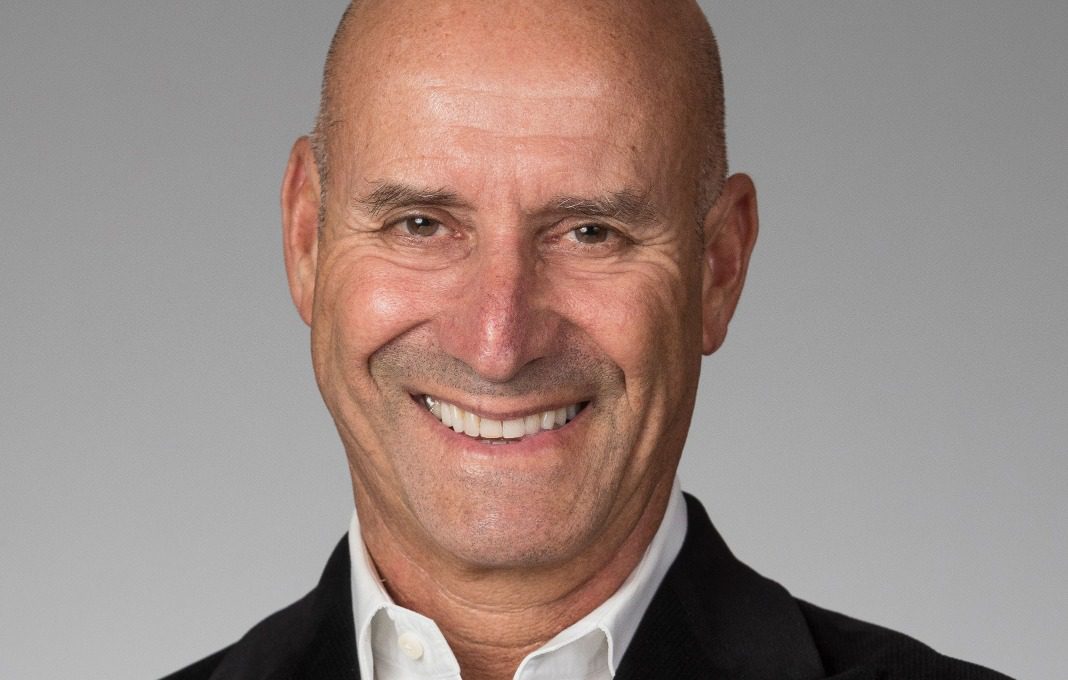
Raising capital is challenging for a company and its CFO at any time, but even more so during a pandemic. In the first two months of this year, cancer diagnostics company Oncocyte raised capital using three forms of corporate finance—directly with institutional investors, through an underwritten public offering that also included institutional investors, and by deploying the company’s at-the-market program.
CFO Mitch Levine talked with StrategicCFO360 about how the Irvine, California, company pulled off the triple play, how he feels about Zoom and why agility is the most important characteristic of a good finance chief.
Tell us about your latest initiatives and how they were different from prior years and prior capital raises.
One of the key functions of the CFO role is ensuring the company has enough capital to fund its growth. As my colleagues in the life science industry know too well, raising capital can be almost a full-time job. I came to Oncocyte after 17 years managing a hedge fund, and before that the investment banking business, and I believe having that experience has helped our company successfully navigate the capital markets. And I am fortunate to be with a company that is forward thinking and opportunistic in its growth strategy and capital-raising posture.
For a CFO to do their job, they have to have the right tools available to raise capital. A company must be well prepared, while also keeping in mind the needs and priorities of all your key constituents. A company needs adequate capital to execute its growth plans, and to be opportunistic in your evaluation and execution of new avenues of growth. Because of my background, I work closely with our CEO and board so that we are prepared with mechanisms in place to raise capital quickly and efficiently when the opportunity arises. We’ve rapidly grown our suite of diagnostic tests, invested in product development, commercialization and clinical trials, made acquisitions, and we must continue to be agile and financially strong as we plan our global expansion strategy.
The key differentiator here was that we tapped the market three times, using three different financing methods. We used our ATM [at-the-market] which allowed us to sell stock in the open market. We raised capital via a private offering, raising capital from institutional investors. And finally, we conducted an underwritten public offering. We have performed well, have succinctly communicated our growth plans, and have attracted increased investor interest. Institutional and retail investors invested through the public offering, and we now have ample capital to execute our plans, and opportunistically seek new opportunities.
How was this different from what we might have done if there wasn’t a pandemic? Well, what wasn’t different was the fact that we were prepared, and would have been prepared, pandemic or not. We never stopped running our business during the pandemic, and in fact, took advantage of new ways to communicate with our key customer audience. What was different, however, was the way we met with investors. Our road show was virtual, held via Zoom. While I believe face-to-face meetings are very important, holding meetings via Zoom saved time and money—no travel, no time away from the office and in a much more efficient manner than ever before.
What advice can you provide other CFOs who are considering raising capital at some point in the future?
As CFO, I encourage you to have everything available in your good corporate finance toolbox in place. A CFO must be prepared to raise capital on a moment’s notice when the opportunity avails itself, so be agile and prepared. Have ample authorized shares at all times. Have registered shares available, so terms can be more favorable than with unregistered shares. Have an ATM in place. And listen to your investors, who may want to invest directly.
With international growth an important part of your strategy, can you talk about the initiatives you put into place to continue that growth during this past year?
Cancer certainly didn’t stop during the pandemic, and fortunately, nor did our mission to help physicians and their patients make informed decisions about cancer treatment. We started 2020 off strong in January with the commercial launch of DetermaRx, our diagnostic test that determines which early-stage lung cancer patients are at high risk of recurrence and would benefit from adjuvant chemotherapy. We all know what happened shortly after that as we went into lockdown.
Knowing what a positive impact DetermaRx would have for patients, we were determined to move ahead with our sales efforts throughout the U.S., as well as in targeted global markets, concentrating on those areas where lung cancer was most prevalent. Rather than the planned in-person sales calls, we pivoted our sales efforts to a new program of continuing education for oncologists and thoracic surgeons, featuring world-renowned lung cancer specialists, all conducted via Zoom. These sessions proved to be not only cost-effective, but we reached huge audiences, enabling us to outpace our own expectations for the first year of our new product launch. So Zoom sessions worked extremely well for us. We also launched, for research use, DetermaIO, an important test that determines which patients will benefit from immunotherapies.
Cancer has no borders, either, and for global distribution of our DetermaRx we determined the best way to proceed was to establish licensing agreements with market leaders in key targeted areas. We signed agreements in India, Africa, the Middle East and China. In China, the largest addressable market in the world in early-stage lung cancer, we partnered with Burning Rock Biotech, one of the largest and fastest growing companies in China’s NGS-based cancer therapy selection market.
In addition to our international expansion for DetermaRx, we recently acquired Chronix, a company whose blood-based therapy monitoring test can determine if an immunotherapy is working in only a few weeks’ time, enabling physicians to change treatment if necessary. This acquisition will provide OCX entry into the EU, and a beachhead from which we plan to launch our other diagnostic tests. Cancer knows no borders, nor do we as we strive to help as many patients as possible, breaking down barriers that may have been created by the pandemic.
What can other CFOs learn from your experiences?
Key takeaways are that every challenge presents an opportunity to succeed. It forces us to be more creative in our thinking, to taking quicker action to help rescue something that could otherwise go astray. As a public company we have the obligation to do the best job for our shareholders, and as a diagnostics company our obligation to do the best job for patients and physicians. There are many tools out there to help CFOs succeed. By working collaboratively with their teams, CFOs should have at their disposal all the tools necessary to fulfill these obligations and maintain critical corporate liquidity at all times.








